Do Alamy buyers search elsewhere?
Earlier in August I did an analysis of all the zooms on Alamy in the first half of the month to see if a buyer then searched for, and bought, that image on one of the microstock sites. This post continues that analysis for the rest of the month.

11 August – No zooms on this RM image, but sold on Alamy
I only uploaded these images from Equatorial Guinea to Alamy and Getty (via Corbis).
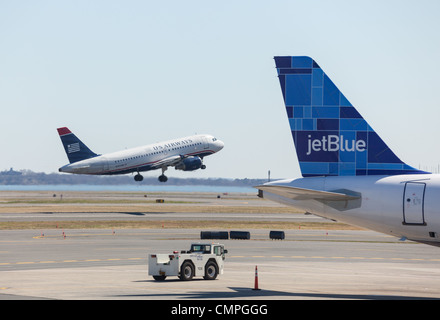
12 August – Zoomed on Alamy. No sales elsewhere.

12 August – Zoomed and then sold on SS on 15 August
This one is a problematic one. I uploaded as editorial to Shutterstock at some point even though it was RM on Alamy. I guess even the best organized photographers make mistakes sometimes! I don’t know if the sale on SS was linked to the Zoom on Alamy – 3 days seems to be a long time?

August 14 – No zoom, but sold as RF on Alamy

August 14 – Zoomed on Alamy but no sales elsewhere

August 14 – Zoomed on Alamy but no sales elsewhere

August 18 – No zoom, but sold on Alamy as RF

August 22 – Zoomed on Alamy but no sales elsewhere

August 23 – Zoomed on Alamy but no sales elsewhere as RF
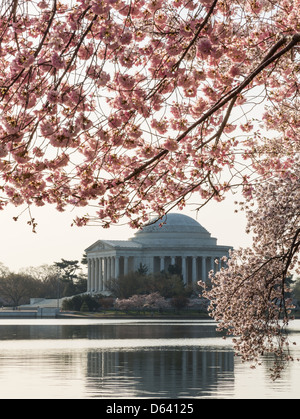
August 28 – Zoomed on Alamy but no sales elsewhere

August 28 – Zoomed on Alamy but no sales elsewhere
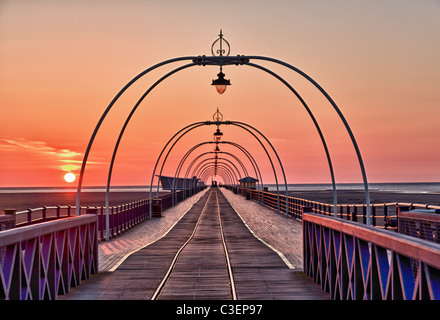
August 30 – Zoomed on Alamy. Had sold on 23 Aug on 123RF
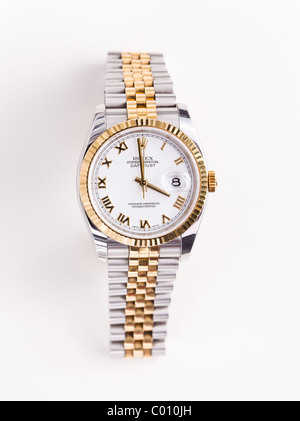
August 30 – No zoom but sold as RM on Alamy

August 30 – No zoom but sold on Alamy as RF
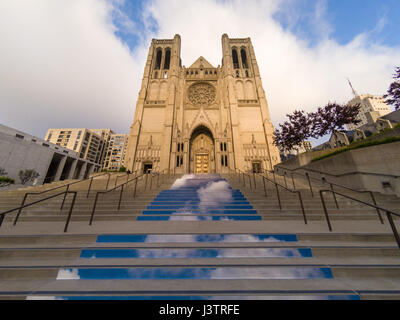
August 31 – No zoom but sold as RF on Alamy
So, what do we learn from this? Firstly, all the images that sold on Alamy did so without a zoom. The RF ones that sold were available elsewhere, but it seems the buyer did not search elsewhere for a “cheaper” license, which suggests that most buyers on Alamy do so because that is where they license images. Apart from one possible linkage between a zoom and a purchase (as a subscription) on Shutterstock, there is no indication that someone sees an image they like on Alamy and then goes to find that specific image elsewhere. I doubt if this SS license was the same person because it was licensed as part of a subscription package.
This is all pointing to the logic that if an image can be RF, regardless of how “good” or special it is, then it might as well be uploaded to all agencies. As RF images on Alamy get the same earnings on average as RM ones, then the old wisdom that a “great” image should be RM should be consigned to the trash can of history!







Hi Steve,
Very interesting. I just did a quick cross-search on my Alamy zooms and sales on SS and I’ve had similar results with no real identifiable patterns. We both need more data I suppose.
However, I’ve been reading on the Alamy forum that Alamy Measures only records zooms on some of their regular customers (a sub-group). As per the following thread, many contributors on there have reported sales with no zooms, which suggests that some customers can theoretically zoom in Alamy and purchase a cheaper option in Micros without our knowledge.
Here’s the thread:
http://discussion.alamy.com/topic/7696-sale-yes-zoom-no/?tab=comments#comment-132528
Alex
Hi Alex
Yes, I just read that forum. Seems like the zoom measure is becoming less useful. But even though this might be a smaller sample, there is still no indication that a regular buyer goes off on a search to buy their chosen image for less. As many buyers on larger sites like Alamy are presumably corporate buyers or have accounts, then why would they search elsewhere. Then if someone didn’t have an Alamy account and was using Google to search for an image, what is the chance they would just see Alamy and no other sites? End result, you are grasping at straws to argue that your best images should only be on Alamy!
Steve
“End result, you are grasping at straws to argue that your best images should only be on Alamy!”
I put my best images at Robert Harding but they reject like 80% of them haha!
I was checking flights yesterday with different airliners to go to Rio for xmas. The commodity is the same give or take a few perks.
I checked 5 different airlines and found the cheapest. This was a big purchase so it makes sense, so wouldn’t it also make sense for a non-corporate buyers to check numerous agencies?
I’m sitting on the fence on this one. All regulars on Alamy tell me that it’s a mistake to duplicate work on Micros but they’re naturally biased against Microstock.
I’ll also try to gather some data and see if I can come up with some patterns. To be continued! 😀
I agree that a non-corporate buyer – ie someone with a blog and they need an image – will either have an account with a microstock agency, or if they are very occasional buyers will probably search via Google and then see how much a one-off purchase would be. But we are talking about people searching first on Alamy and seeing one they like, but not buying it in order to do a subsequent search to get it cheaper. If they work for a company, then their time is money and they are probably under pressure, so they buy the one that fits the need – on Alamy, if that is where they started.
Hi Steve & Alexandre This is all very interesting but I am not 100% convinced yet either which is, as Alexandre said, mainly due to the Alamy members opinions on microstock. Having said that I have examples of Alamy sales which are also available via microstock and no examples of zooms on Alamy selling elsewhere. As Alexandre said however Alamy only notifies zooms from certain customers so there is no way of knowing how many unreported zooms on Alamy are subsequently sold on other sited,
I have to add that my alamy sales where for 50 percent RF. All photos available on microstock. Between the sales 150+ earnings.
I still dont understand why someone would search on alamy to finally buy the same image on microstock. If someone wants the image cheaper I guess they would directly go to microstock. Just simple thinking. Could be that I oversee something.
You are right – why wouldn’t they search elsewhere first? I was trying to address a common fear among contributors to Alamy that having the same image elsewhere “devalues” your images on Alamy and people can search and buy it cheaper if you do that. I increasingly think they don’t generally do that.
Steve
Well now I can say that it has now happened. I had a zoom on Alamy which was followed by a sale of the same photo on Shutterstock for 94 cents. I not upoaded anything to SS for 18 months and have been concentrating on Alamy with variable success and was on the point of uploading to SS again. Now I am in a quandary!
Hi Kevin
Interesting! Was it an unusual shot, or one that sells reasonably frequently? I haven’t been checking my own image stats on Alamy recently so I have no idea if it is happening to me.
Steve
Hi Steve
No it is not a big seller but part of a group of photos I took in Coogee, Australia some of which do sell well.
https://www.shutterstock.com/image-photo/entrance-rockpool-area-coogee-beach-eastern-135802337
Kevin